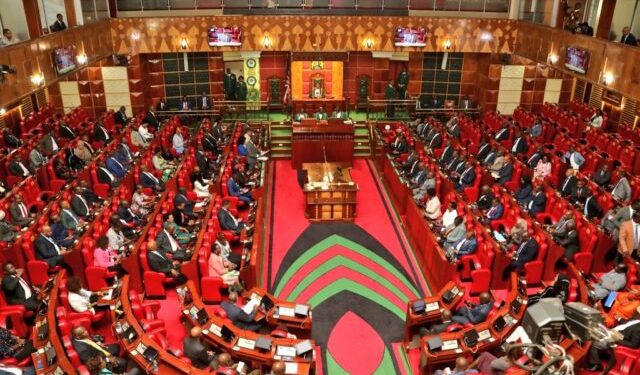The amendments aim to expand the scope of the NG-CDF beyond school bursaries and infrastructure. They propose the inclusion of new projects, such as the Sports, Arts and Social Development Fund and the Universal Service Fund. Additionally, the bill suggests funding communication projects, including the construction of masts and provision of voice connectivity, with a cap of 5% of the total constituency allocation.
Daud emphasized the importance of increasing the allocation, stating, “Our constituencies need these funds to cater to more than just education. Expanding the mandate will ensure broader development, especially in areas like sports and communication.”
The National Assembly’s Budget and Appropriation Committee is reviewing the amendments. Chair Ndindi Nyoro acknowledged the NG-CDF’s role in supporting the 290 constituencies but stressed that the bill’s financial implications must be carefully considered.
“We understand the importance of the NG-CDF to constituencies, but any increase has to be sustainable,” Nyoro said. “The committee will engage the National Treasury to assess the availability of resources before proceeding with the amendments. We need to ensure the financial capacity to support these changes.”
Despite the financial crunch, MPs argue that the NG-CDF has been an effective tool in addressing local development needs. However, Nyoro highlighted that the 2024-2025 budget has already been concluded, meaning any amendments will have to go through a rigorous process.
The proposed increase has sparked debate, with critics pointing out the country’s financial struggles and the need for fiscal responsibility. Still, proponents argue that the NG-CDF remains crucial for grassroots development, especially in marginalized areas.












